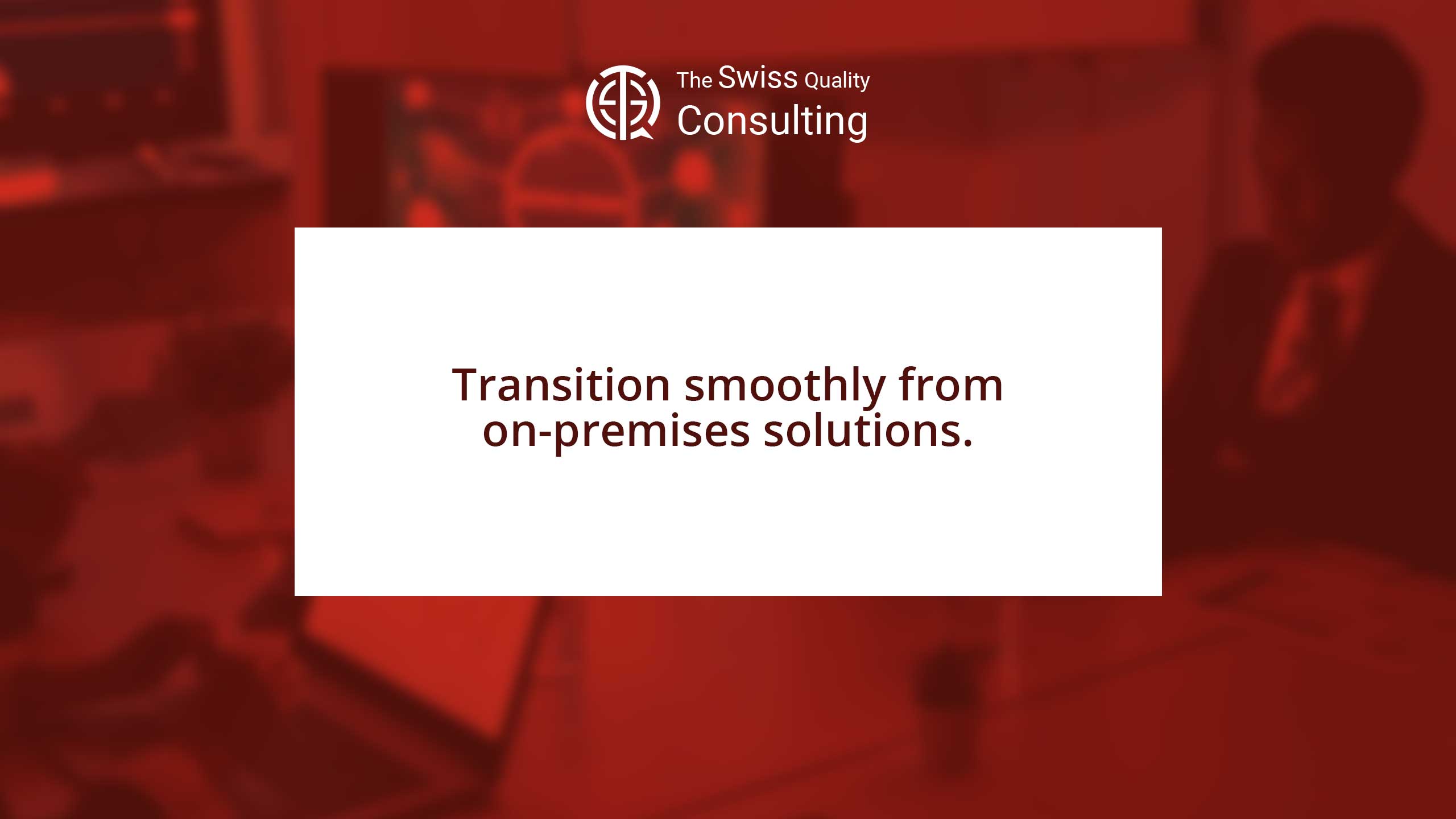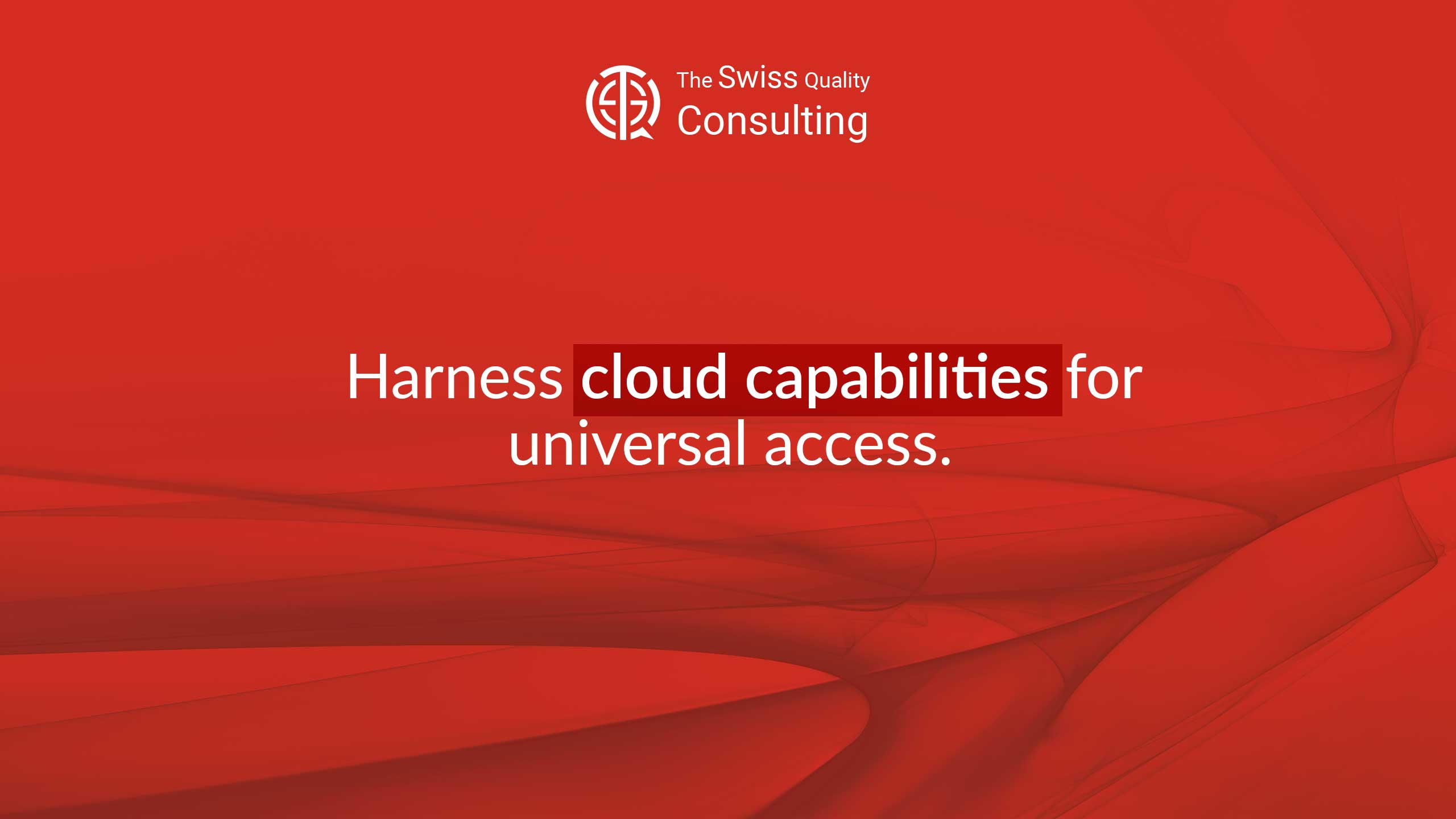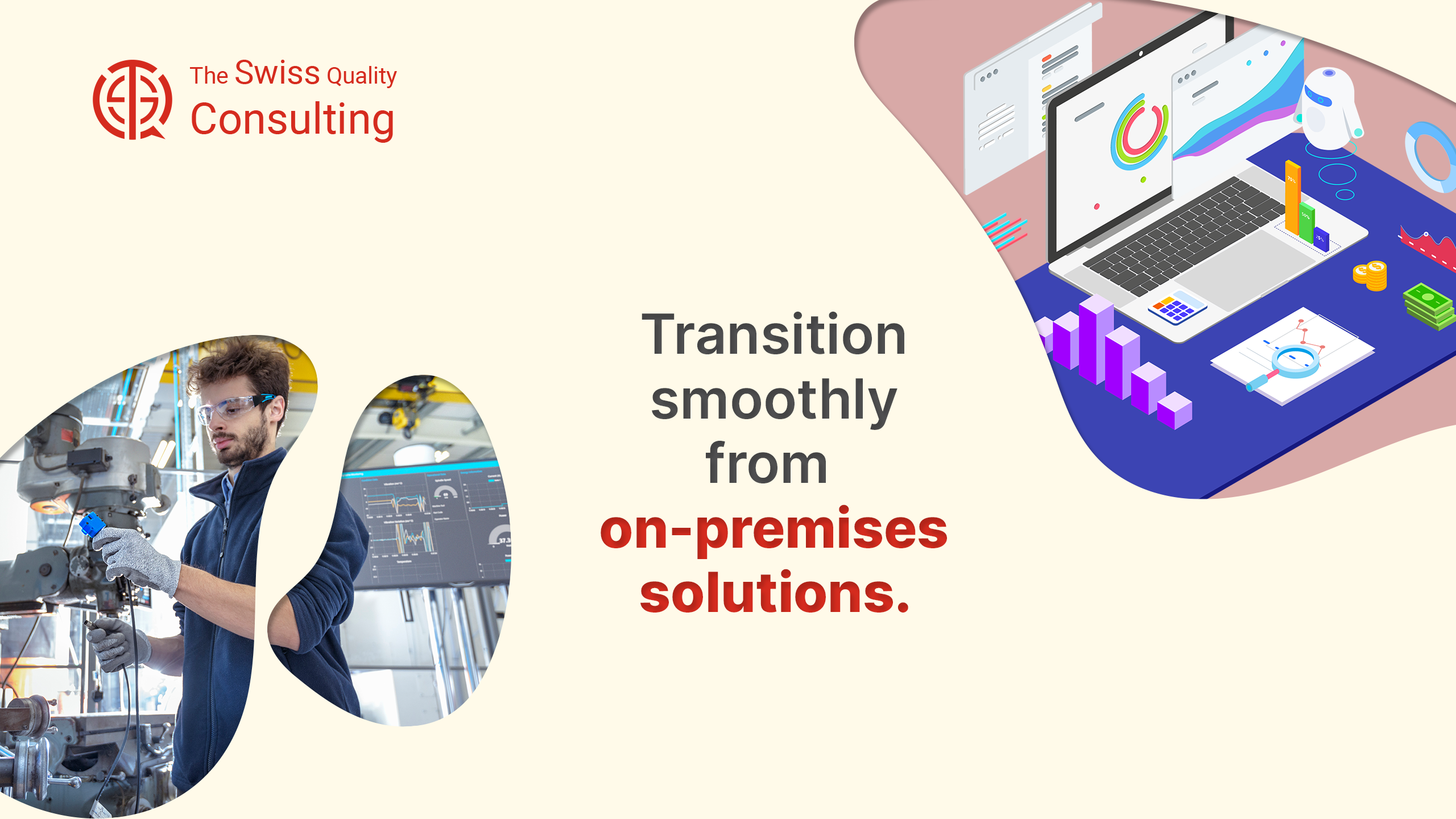Migrating ERP Systems: Overcoming Swiss Business Challenges
Understanding the Key Challenges of Cloud ERP Migration
Cloud ERP migration challenges in Swiss companies are becoming increasingly relevant as businesses seek to modernize their operations and leverage the advantages of cloud technology. However, transitioning from on-premises ERP systems to cloud-based solutions is not without its hurdles. Swiss companies, known for their precision and high standards, face unique challenges that can complicate this migration process. One of the main issues is the integration of existing systems with new cloud platforms, which can lead to data inconsistencies and operational disruptions. Additionally, concerns about data security and compliance with Swiss and EU regulations present significant obstacles, as companies must ensure that sensitive business information remains protected throughout the migration process.
Another critical challenge lies in managing the costs associated with cloud ERP migration. For Swiss companies, the cost of migration is not just about the financial investment but also includes the time and resources needed to train employees, adapt processes, and ensure that the new system aligns with the company’s strategic goals. The initial investment can be substantial, and without careful planning, companies may face unexpected expenses that strain their budgets. This financial uncertainty often discourages businesses from fully committing to cloud ERP solutions, even though the long-term benefits may outweigh the initial costs.
Lastly, the cultural shift required for cloud ERP adoption cannot be underestimated. Swiss companies often have deeply ingrained business processes that are closely tied to their legacy systems. Moving to a cloud-based ERP solution demands a significant change in mindset and operations. Employees may resist the transition due to fear of the unknown or a perceived increase in workload. This resistance can slow down the migration process and reduce the effectiveness of the new system. To address these challenges, companies must invest in change management strategies that involve clear communication, comprehensive training, and ongoing support to help employees adjust to the new technology.
Strategies to Address Cloud ERP Migration Challenges
Addressing the cloud ERP migration challenges in Swiss companies requires a strategic approach that encompasses planning, execution, and ongoing management. One effective strategy is to conduct a thorough assessment of the existing ERP system and the specific needs of the business. This assessment helps to identify potential integration issues early on and allows companies to develop a tailored migration plan that minimizes disruptions. By understanding the complexities of their current systems, Swiss companies can better prepare for the integration process and ensure a smoother transition to the cloud.
Another important strategy involves prioritizing data security and compliance throughout the migration journey. Given the stringent regulations in Switzerland and the broader EU, businesses must work closely with cloud service providers to ensure that data handling practices meet all legal requirements. This includes implementing robust encryption methods, establishing clear data governance policies, and regularly auditing the cloud environment to detect and address vulnerabilities. Swiss companies should also consider hybrid cloud solutions that allow them to maintain control over certain sensitive data while still benefiting from the scalability and flexibility of the cloud.
Finally, Swiss companies can address the cultural challenges of cloud ERP migration by fostering a supportive environment that encourages employee engagement and buy-in. This can be achieved through comprehensive training programs that not only teach employees how to use the new system but also highlight the benefits it brings to their daily work. Additionally, involving key stakeholders in the decision-making process can help to build trust and reduce resistance. By creating a sense of ownership and demonstrating the value of the new ERP system, companies can ease the transition and enhance the overall success of the migration.
Conclusion: Embracing the Future of ERP Systems in Switzerland
In conclusion, cloud ERP migration challenges in Swiss companies are multifaceted, involving technical, financial, and cultural aspects. However, with careful planning and the right strategies, these challenges can be effectively managed. By conducting thorough assessments, prioritizing data security, and fostering a supportive company culture, Swiss businesses can overcome the hurdles of migrating to cloud-based ERP solutions. Embracing this digital transformation is not only about staying competitive in a rapidly evolving market but also about unlocking new opportunities for growth and efficiency. As more Swiss companies make the transition, the insights gained from addressing these challenges will continue to shape the future of ERP systems in Switzerland, driving innovation and success across the business landscape.
—
#cloudERPmigration #Swissbusiness #digitaltransformation #ERPsystems #cloudsolutions #businesschallenges #Swisscompanies #ERPimplementation










